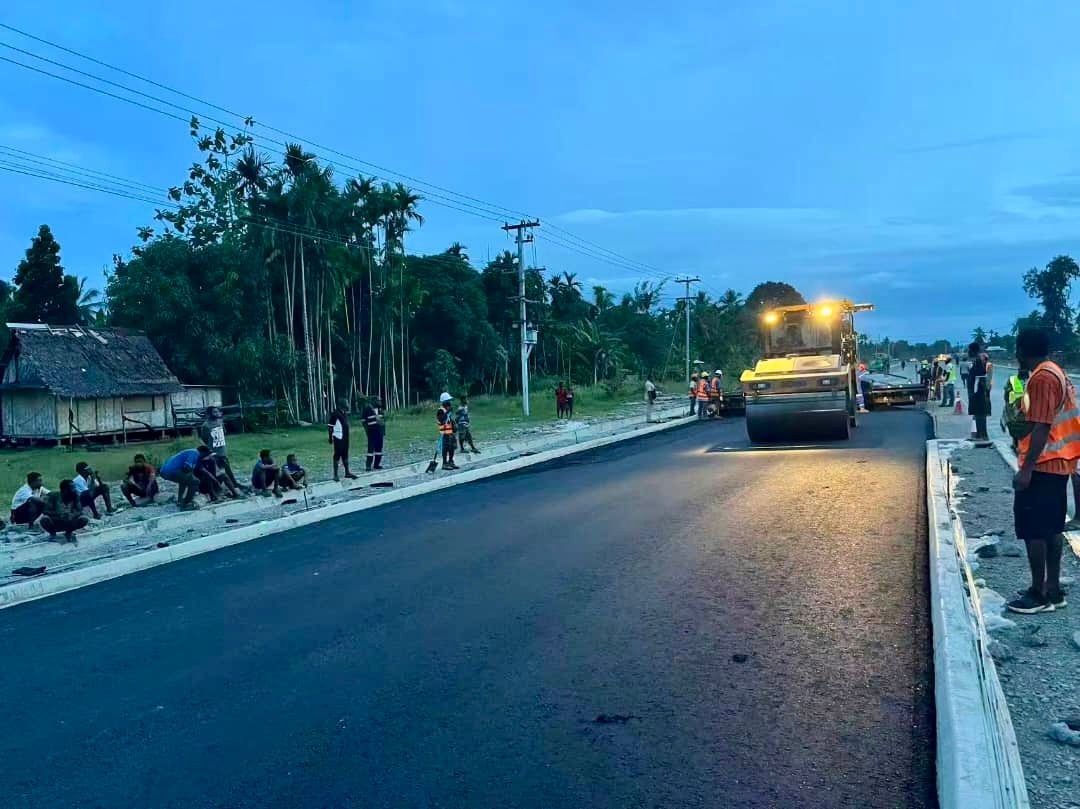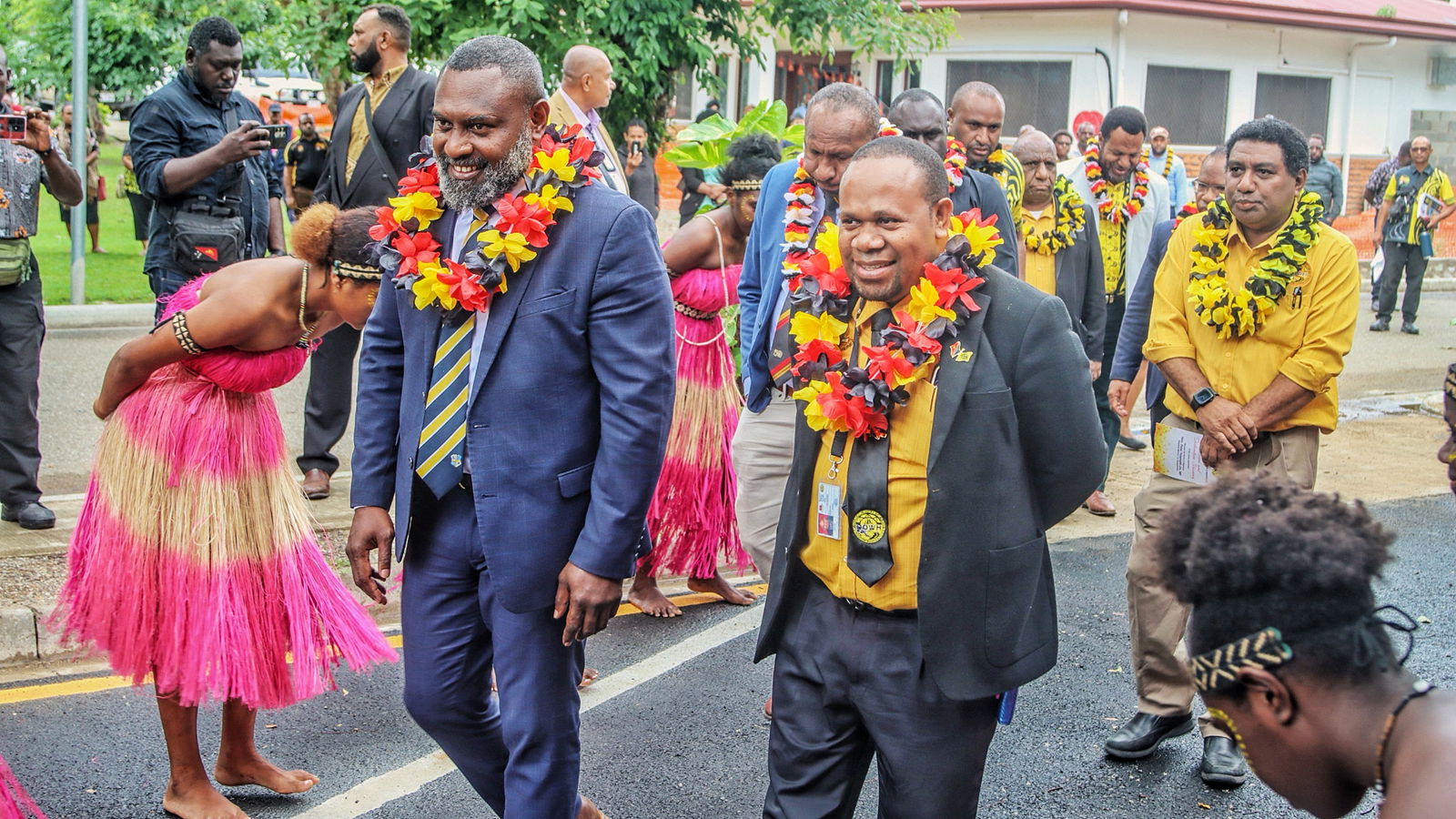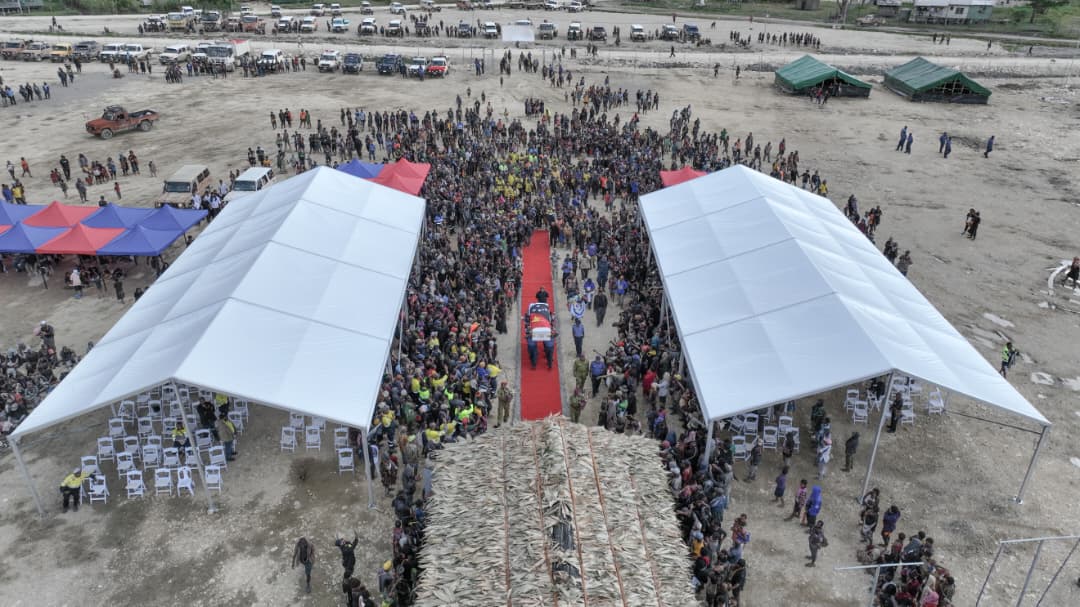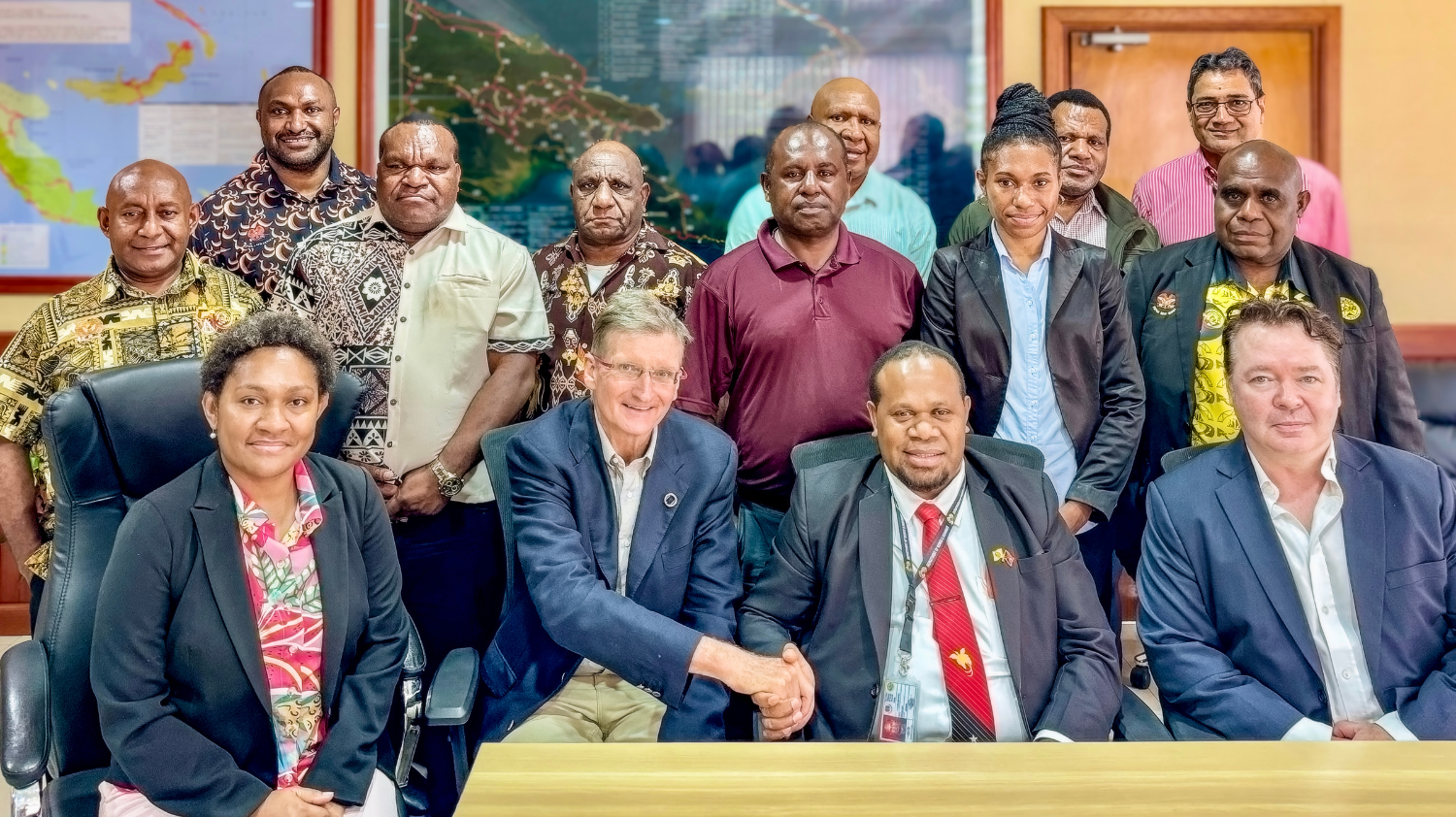Future Outlook of the Department of Works and Highways (DoWH)
- by DoWH
- 16th December 2024
The Department of Works and Highways (DoWH) is strategically poised to lead Papua New Guinea into a new era of sustainable, inclusive, and climate-resilient infrastructure development. Guided by the objectives of Vision 2050, the Medium-Term Development Plan IV (MTDP IV), and the Connect PNG Program (2020–2040), the department aims to enhance connectivity, empower communities, and stimulate economic growth through transformative initiatives.
1. Achieving Universal Connectivity by 2040
DoWH is committed to delivering 100% road connectivity across Papua New Guinea.
Phase 1 Successes (2020–2027): Construction and rehabilitation of over 10,000 km of national and provincial roads.
Future Goals
- Expand the road network to 16,200 km, incorporating missing links like the Gulf-SHP Link, Momase Coastal Highway, and New Britain Highway.
- Upgrade sub-national and district roads to improve access to rural and underserved regions.
2. Building Climate-Resilient Infrastructure
The department prioritizes incorporating climate resilience and sustainability into every project.
Current Initiatives
- Integration of climate-resilient designs into 100% of new road and bridge projects.
- Adoption of renewable energy systems in public buildings and road lighting.
Future Focus
- Implement advanced flood-resistant infrastructure along vulnerable highways.
- Conduct environmental impact assessments for all major projects, ensuring adherence to international sustainability standards.
3. Technological Transformation and Efficiency
DoWH is embracing digital transformation to improve operational efficiency and project delivery.
ICT Strategy
- Expansion of the Road Asset Management System (RAMS) and Bridge Asset Management System (BAMS) for data-driven decision-making.
- Integration of IoT-enabled monitoring systems for real-time project tracking.
Digital Initiatives
- Full digitization of procurement processes and project dashboards.
- Adoption of centralized property and asset management systems to optimize resource allocation.
4. Capacity Building and Workforce Development
DoWH is committed to strengthening its workforce and empowering local contractors.
Training Programs
- Upskilling over 70% of its workforce in modern engineering practices by 2027.
- Expansion of the Graduate Development Program to produce skilled engineers and project managers.
Contractor Support
- Develop competency frameworks and provide long-term contracts to sustain local businesses.
5. Governance and Accountability
To maintain transparency and enhance efficiency, DoWH will continue to strengthen its governance frameworks.
Compliance
- Robust monitoring and evaluation systems to track project performance and ensure accountability.
Collaboration
- Partnerships with international agencies like the World Bank and ADB to align with global best practices.
6. Enhancing Economic Corridors
The department will develop strategic economic corridors to promote trade, tourism, and regional integration.
Key Projects
- Highlands-Arafura Corridor connecting Papua New Guinea to the Northern Australia Trade Route.
- Expansion of coastal highways to boost access to ports and industrial hubs.
7. Social Inclusion and Community Development
- Gender Equity and Social Inclusion (GESI): Empower women and marginalized groups through dedicated programs and increased participation in the workforce.
- Community Engagement: Integrate community feedback in project planning to ensure inclusivity and relevance.
Measuring Success: Key Metrics by 2040
- Connectivity: 100% of national roads and 90% of sub-national roads upgraded to international standards.
- Climate Resilience: All infrastructure projects incorporate disaster-resistant designs.
- Economic Growth: Infrastructure investments projected to generate 2 million jobs and contribute K30 billion to GDP.
Conclusion
The future of Papua New Guinea’s infrastructure is bright, with DoWH leading the charge toward a connected, resilient, and prosperous nation. Through innovative policies, robust governance, and inclusive development strategies, the department is laying the foundation for a sustainable and equitable future for all Papua New Guineans.
For inquiries, contact info@dwh.gov.pg.












